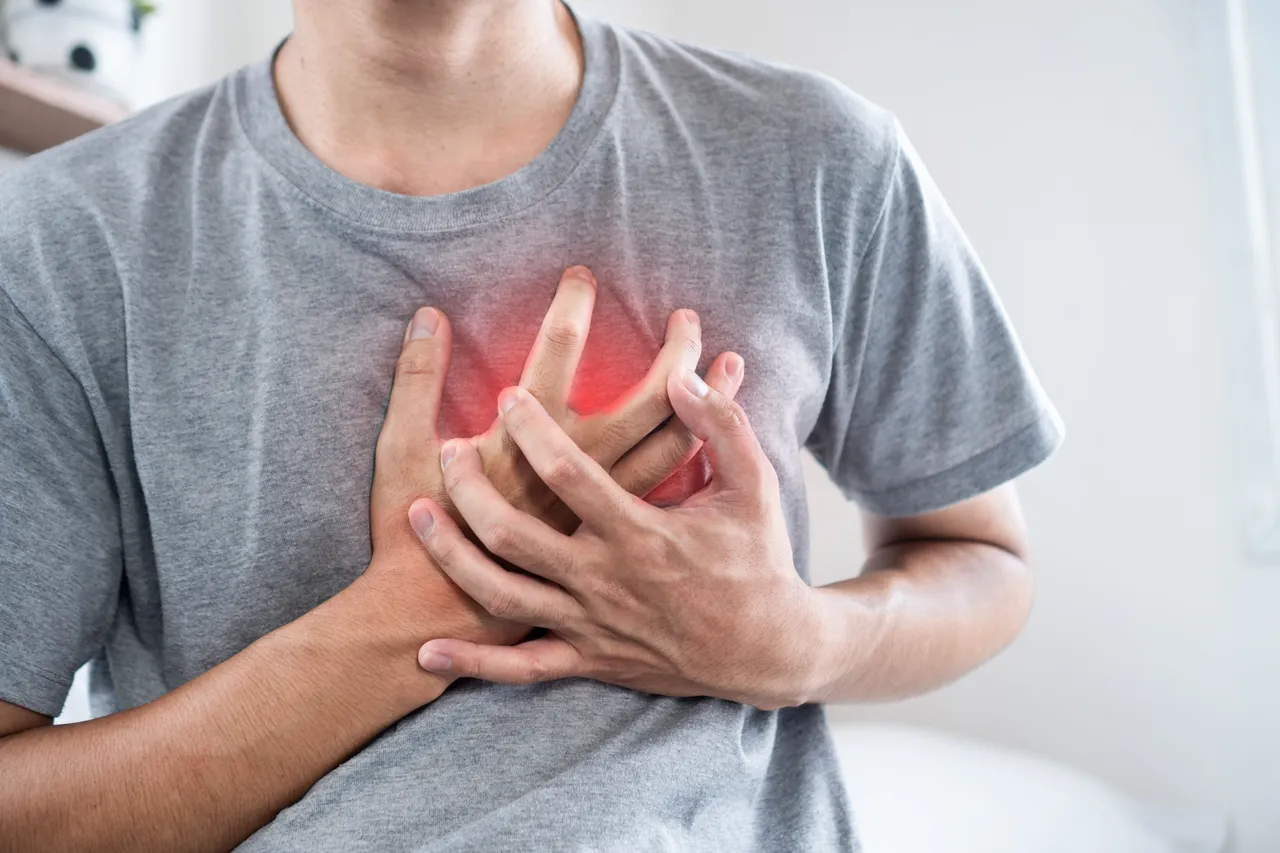
Chest Pain: When to See a Cardiologist
Experiencing chest pain can be alarming, and while not all chest discomfort signifies a serious condition, it's crucial to understand when it warrants professional evaluation. Recognizing the signs that necessitate a visit to a cardiologist can be life-saving.
Understanding Chest Pain
Chest pain varies in sensation, duration, and intensity. It can manifest as sharp, dull, burning, or squeezing discomfort. While some causes are benign, others may indicate serious cardiac issues.
Common Causes of Chest Pain
Cardiac-Related
Angina
: Occurs when the heart muscle doesn't receive sufficient oxygen-rich blood, often due to narrowed coronary arteriesHeart Attack (Myocardial Infarction)
: A blockage in the coronary arteries leading to the death of heart muscle tissuePericarditis
: Inflammation of the sac surrounding the heartMyocarditis
: Inflammation of the heart muscle itself
Non-Cardiac Causes
Gastroesophageal Reflux Disease (GERD)
: Stomach acid flowing back into the esophagus, causing heartburnMusculoskeletal Issues
: Muscle strains or rib injuriesPulmonary Conditions
: Such as pneumonia or a collapsed lungAnxiety or Panic Attacks
: Can mimic heart-related chest pain
When to Seek Immediate Medical Attention
Certain symptoms accompanying chest pain require urgent care:
Severe, Unrelenting Pain
: Intense discomfort lasting more than a few minutesPain Radiating to Other Areas
: Discomfort spreading to the arms, back, neck, jaw, or shouldersShortness of Breath
: Difficulty breathing or feeling winded without exertionDizziness or Lightheadedness
: Feeling faint or unsteadyNausea or Vomiting
: Especially when combined with other symptomsCold Sweats
: Sudden onset of sweating without physical activity.
These signs may indicate a heart attack or other critical conditions. In such cases, call emergency services immediately.
When to Schedule a Cardiologist Appointment
Even if symptoms aren't severe, certain signs suggest the need for a cardiologist's evaluation:
Recurring Chest Discomfort
: Frequent episodes of pain or pressure, especially during physical activity or stressShortness of Breath with Mild Exertion
: Difficulty breathing during routine tasksPalpitations
: Noticeable irregular or rapid heartbeatsSwelling in Lower Extremities
: Unexplained swelling in the legs, ankles, or feetDizziness or Fainting Spells
: Unexplained episodes of lightheadedness or faintingFamily History of Heart Disease
: Close relatives with heart conditions, especially at a young ageHigh Blood Pressure or Cholesterol
: Existing conditions that increase heart disease riskDiabetes
: A significant risk factor for cardiovascular diseasesSmoking History
: Current or past tobacco use
Why Early Consultation is Important
Addressing potential heart issues promptly can allow you to:
Prevent Disease Progression
: Early detection can halt or slow down worsening conditionsReduce Complication Risks
: Timely intervention lowers the likelihood of severe events like heart attacksEnhance Quality of Life
: Proper management can alleviate symptoms and improve daily functioning.
What to Expect During a Cardiologist Visit
At your first visit, a cardiologist will typically do the following:
Review Medical History
: Discuss personal and family health backgroundsConduct a Physical Examination
: Assess heart and lung functionOrder Diagnostic Tests
Electrocardiogram (ECG)
: Measures the heart's electrical activityEchocardiogram
: Ultrasound imaging of the heartStress Test
: Evaluates heart performance under exertionBlood Tests
: Check for markers of heart diseaseImaging Studies
: Like chest X-rays or CT scans
Based on findings, the cardiologist will recommend a treatment plan, which may include lifestyle changes, medications, or further interventions.
Chest pain should never be ignored. Understanding when to seek medical attention and when to consult a cardiologist can impact heart health outcomes. Regular check-ups and being attuned to your body's signals are important steps in maintaining cardiovascular well-being.

3 Mount Elizabeth, #17-18
Mount Elizabeth Medical Centre
Singapore 228510

Mon to Fri: 9:00am–5:00pm
Sat: 9:00am-12:00pm
Sun & PH: Closed

Tel: 6235 7536 | 9155 2942
Fax: 6235 7598
info@acecardiologyclinic.com
Need Help or Make an Appointment.
We will be delighted to assist you today. Call or send a message to the Heart team. You can also have us call you back at your convenience.
So please call us at +65 9155 2942. We look forward to hearing from you.

